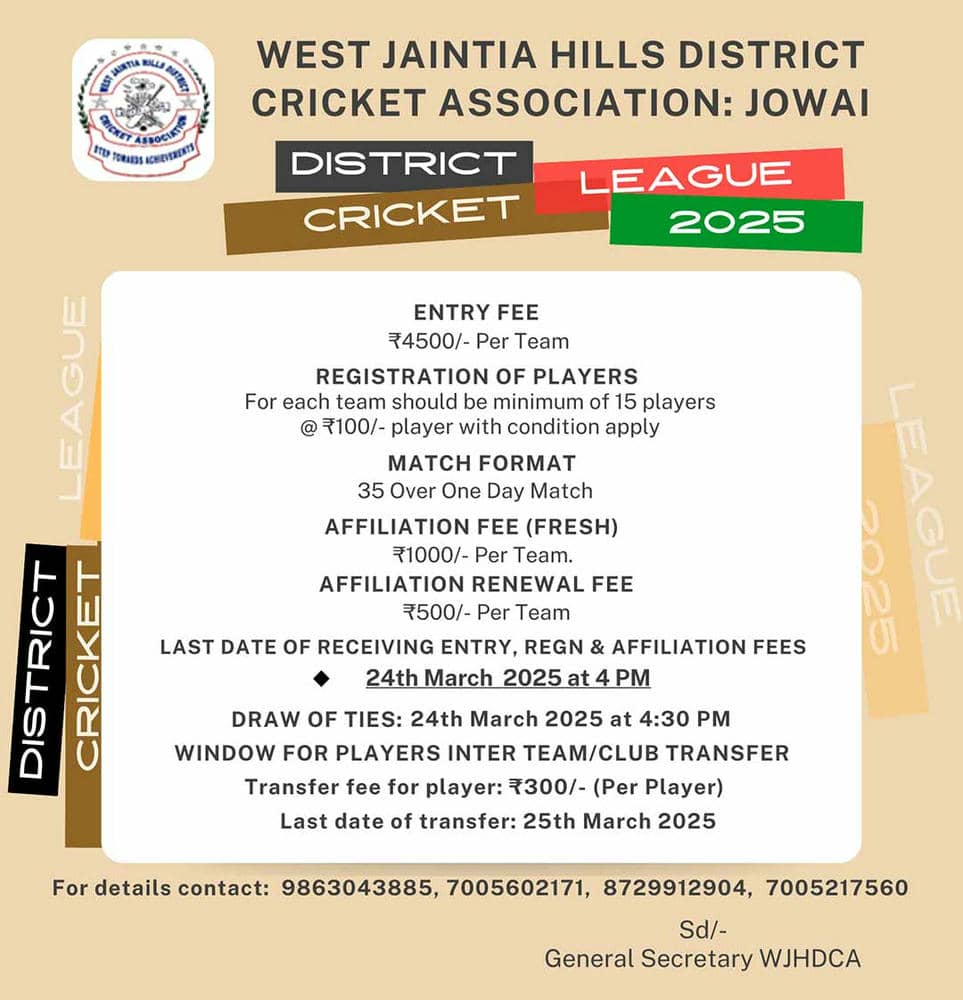KCLF expresses concern over govt’s move to legalise gambling in Meghalaya

The Khasi Jaintia Christian Leaders Forum (KJCLF) on Friday expressed concern over the state government’s move to legalise gambling in the state.
A delegation of the KJCLF also handed over a memorandum to the Chief Minister Conrad K Sangma for his necessary intervention in repealing the Meghalaya Regulation of Gaming Act, 2021.
The memorandum has highlighted studies showing that legitimization of gambling is detrimental to society in more ways than one.
It has negative effects on quality of life such as loss of self-esteem, breakdown in relationship, depression and even suicides and fatal self-inflictions.
Also Read | Meghalaya CM chaired meeting on casino & online gaming
Gambling can increase criminality in several ways such as forgery, fraud, robbery and murder to finance one’s gambling habit, it said.
“(We) urge the government to seriously consider these aspects and repeal the Meghalaya Regulation of Gaming Act, 2021,” KJCLF secretary Rev EH Kharkongor said in the memorandum.
He said while recognizing that it is the responsibility of the government to augment resources for the economic development and prosperity of the state, efforts such as the legalization of gambling are unbecoming and come with a high price to society.
“The government could explore various alternatives other than gambling while at the same time make sincere efforts to plug huge revenue leakage in the state,” Rev Kharkongor asserted.
Also Read | 4th Edition Meghalaya Games drew to a close
When asked, the KJCLF leader said that the chief minister informed the delegation that the government has not taken any decision on the matter.
“The CM said they have not started although the act is there they have not yet implemented it is still in the process of discussion and the government has not taken any decision to implement it.
If at all this is implemented, the view of different stakeholders will be taken and he has also indicated that several steps will be taken to protect the local people or citizens of the state (from such activities),” he added.




Leave a Reply